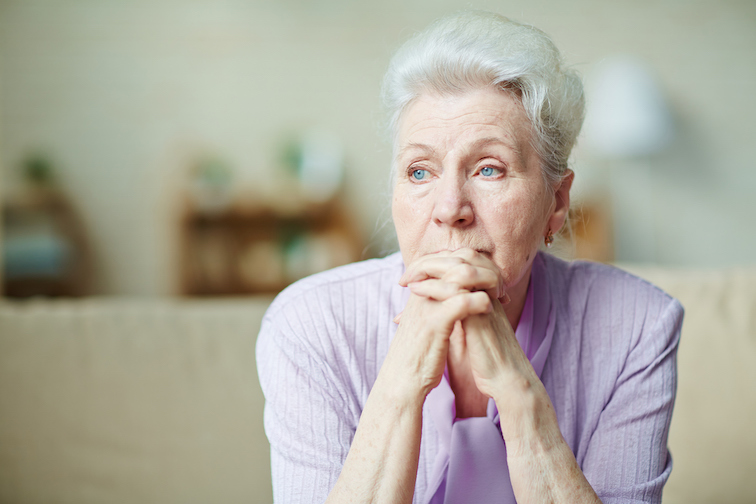
Isolation in seniors is an epidemic in the United States.
Isolation in seniors is an increasing and extremely serious epidemic across the nation. Up to 33% of all the elderly live alone, and for a variety of reasons (limited mobility, chronic health issues, and loss of family and friends, just to name a few) socialization becomes very challenging to maintain.
The reality is, the negative impacts of isolation in the elderly have been demonstrated to be as detrimental for their health as smoking 15 cigarettes every day, with an elevated risk for cardiovascular illnesses, stroke, and even premature death, as indicated by a report from the National Institute for Health Care Management.
It’s additionally important to be aware of the key differences when considering isolation and loneliness. As the late John T. Cacioppo, Ph.D., former director of the Center for Cognitive and Social Neuroscience at the University of Chicago details, social isolation is “the objective physical separation from other people (living alone),” whereas loneliness is “the subjective distressed feeling of being alone or separated.” This means an older adult can feel lonely even if surrounded by relatives, whereas another may spend a lot of the time alone, but not feel lonely.
Both loneliness and social isolation are risk factors for health problems, and intervention to improve socialization is essential. The good news is the fact that aging parents whose lives tend to be more social reap a variety of overall health benefits, such as in the areas of:
- Cognition: The companionship of other individuals offers the opportunity for a release of stress and improved mental health, which has been shown to favorably affect memory and help prevent cognitive decline.
- Emotional Health: The chance of depression, anxiety, and low self-esteem is lowered for those who are socially engaged, offering a sense of belonging and better management of mental health concerns.
- Physical Health: Physical activity is vital to enhancing health in the elderly, and those who sustain social bonds are more inclined to stay physically active and engaged.
Not just that, but social seniors have even demonstrated an ability to live an extended lifespan as opposed to those who tend to be more isolated.
At At-Home Care Company, we are helping older adults enjoy independent living home care in Ames and the surrounding areas by overcoming loneliness and isolation through professional, experienced, friendly, and compassionate caregivers who offer much-needed companionship through:
- Conversations and reminiscing
- Exercise programs
- Arts/crafts and other enjoyable activities for older adults
- Transportation to fun outings in the community
- Sharing mealtimes together
- And so much more
Help a cherished older adult experience a more socially-enriched lifestyle! Reach out to us at (515) 292-2650 for a free in-home consultation and for additional information about our top-rated independent living home care in Ames and the surrounding communities.
